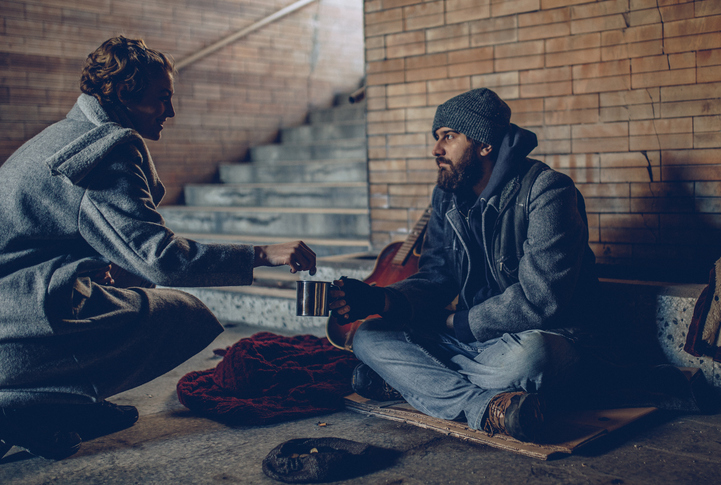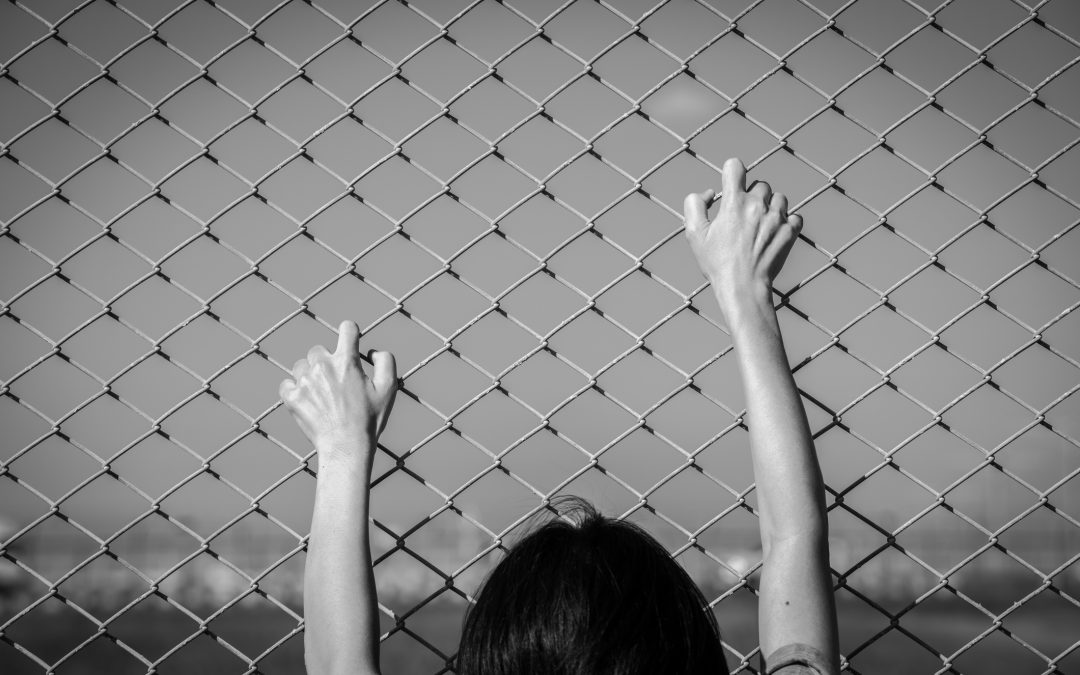In a recent NASW Facebook Live event, a panel gives marching orders to their colleagues to stand up for vulnerable populations
By Faye Beard
Ending Crime and Disorder on America’s Streets was one of the many executive orders issued by the White House this year.
The presidential action cited mental health and drug addiction as contributing factors. It also included this statistic: The number of individuals living on the streets on a single night was 274,224—the highest number ever recorded.
 While valid, the problem lies in the administration’s proposed solution.
While valid, the problem lies in the administration’s proposed solution.
“An executive order has called for people who are unhoused to be cleared from the street,” said Yvonne Chase, Ph.D., LCSW, ACSW. “They are being treated as a public threat rather than human beings who deserve dignity, rights and compassion.” During her recent Chase Chats Facebook Live event hosted on NASW’s Facebook page, the NASW president explored the topic Rising Authoritarianism and the Crackdown on Homelessness. Dr Chase posed the question: “What does that mean for social workers and the communities they serve?”
Emily Kenney, MSW, one of three guest on the show, urged social workers to read the entire executive order. “The language is very clever. It’s meant to make you feel like this is a benevolent thing,” she said. However, it proposes to lock up unhoused individuals and demand they get treatment, she explained. “This means they will be in a locked facility away from the community.”
Kenney began her career as a street outreach worker. Today, she is a leader at the County Department of Health and Human Services in Milwaukee. Regardless of the specialty, she said, “Housing impacts every single section of social work. It is the biggest social determinant of health.” Though Kenney noted that accommodations alone won’t fix the ills of homelessness, it is the first step toward a solution.
Nothing New
Mel Wilson, LCSW, MBA, said little has changed since he began working to access healthcare for unhoused residents more than 30 years ago. “Jails become a default mental health system and inadequate transition out of there becomes a vicious cycle,” said the Washington, D.C.-based senior policy advisor for NASW. “My biggest concern is the criminalization of homelessness,” he said, calling the order a demeaning approach that focuses more on policing than offering services.
This is also familiar territory for Victor Manalo, PhD, MSW. “As social workers, we’ve been fighting this fight for a long time. Sometimes it’s easier; sometimes it’s harder,” said Dr. Manalo, a former city councilman who remains active in local government in Los Angeles. “We can’t wait another three years for a favorable administration,” he said, warning that there is an impending crisis. He explained that many nonprofits are pivoting on their strategic plans and cooperating instead of competing with fellow organizations to access limited funding.
Local Power
“It’s imperative that we’re not lone wolves trying to solve a problem as huge as this,” said Wilson, as he stressed the necessity of being part of national and local coalitions.
The other panelists agreed that social workers should leverage their influence and power on the local level. “What can states, counties and cities do to close some of the gaps in funding? How can social workers help advocate for the funding and policies that make sure people on the ground have the resources?” Kenney asked.
Dr. Manalo pointed out that California, for example, the state instituted a one-percent income tax on millionaires to fund the Mental Health Services Act. He challenged social workers to rebrand themselves as leaders in the field of helping people. He also encouraged his peers to become more civically engaged, explaining that the more active social workers become in government, the more amplified the voices of their clients become.
Next Steps
“Advocacy and activism should go hand in hand. Go out there and be part of the struggle,” Wilson said, reminding his colleagues that the Mid-Term Elections are in a year. “We have to mobilize. We can’t shrink our way through this. If we want change and want to help protect the people we care about and work with—the vulnerable populations—it’s clear, a change has to happen in Congress.”
Though no presidential action has been taken yet, the panelists are not taking a wait-and-see attitude to see how this order will impact unhoused residents.
“I’m going to keep doing what I’m doing in hopes that things will get better. If we don’t have that hope, how are we going to give our clients hope?” Dr. Manalo asked. “Someone has to be on their side, holding their hands, walking with them and telling them, ‘It’s going to get better, if we work together.’”
Faye Beard is a freelance writer based in New York City.




